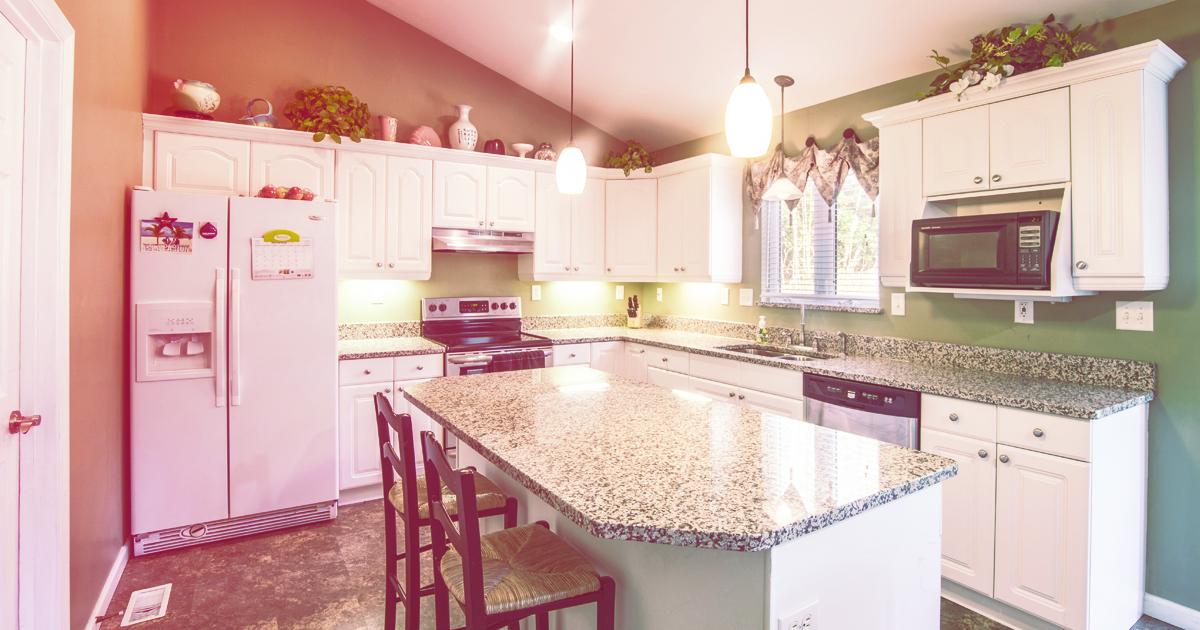At the Floyd Law Firm, we want you to feel happy, proud, and secure with your purchase. It’s a lifetime investment for many, especially first-time home buyers. Our hope is that you are prepared for the best and are able to prevent the worst before it becomes an issue.
An official home inspection should be completed soon after your offer has been made and accepted. This allows for the time it may take for repairs or negotiations, and for the time to make additional arrangements. You will still have the opportunity to inspect the house on your final walk-through prior to the closing. This is the time to make sure that the property is in the condition as agreed to – and confirm that the seller has completed any repairs that were agreed to in the offer or as a result of the home inspection report.
With every real estate sale, just before the closing, you – as the buyer – have the right to complete a walk-through of the property to verify that everything stated in the sales contract is actually in place and in working condition. Be prepared and carry a notepad, pens, and even a camera to document your findings.
The kitchen is often the heart of a home, so it can be the best place to begin. If appliances are to be included in the sale, they should all be in working order. The water spigots should not leak and the water should run clear and cold – and turn hot when you turn on the hot water. Check the hot water heater for leaks or rust, and whether you hear clunking sounds after running the hot water for a bit – this means it has not been drained for awhile and may have mineral buildup inside. If there is a washer and dryer or other large appliances – check that they are all safely plugged into the appropriate outlets and properly working.
Do a little research ahead of time to know what the R values are in your area. This will help you determine if the walls, windows, doors, ceiling, siding, roofing, and insulation are all suitable for the climate and temperatures. (This should also be in the home inspection report.) The R in the term R-value stands for resistance. This means resistance ability of temperatures to move between the walls and parts of your home or building. It is a common differentiating measurement criteria used to denote different types of insulation and the amount of R-value they provide when correctly installed. The higher the R-value, the greater the insulating effectiveness can be.
Walk Around Outside
Here is a Buyer’s checklist for items to look for outside the property:
- Chimney: If there is a chimney, it should be straight with no leaning, bows, or obvious cracks.
- Gutters: The gutters should be straight and firmly connected. The downspouts and splash blocks should direct water away from the base of the home.
- Flashing: The narrow metal strips that are used to prevent leaks in the roof area should be flat and secure. All roof areas should be covered with roofing materials or flashing.
- Shingles: All shingles should be flat and properly aligned. Bumpy shingles may allow for leaks or may be covering underlying problems.
- Exterior Paint or Siding: The exterior paint should have a consistent color and texture, and thoroughly cover the home. Siding should show no signs of buckling or degradation.
- Grading: Any water runoff should be directed away from the home as much as possible.
- Landscaping: The trees, grass, plants and flowers should be in places that are not blocking exits or walkways. Look for tree branches that could fall and cause damage to the home. Shrubs, bushes, and plants near the home should be placed two to three feet from the house to allow for drainage and healthy growth.
Walk Around Inside
Here is a Buyer’s checklist for items to look for on the inside of the property:
- Appliances: Appliances that are listed to be included in the home should be in good repair. All ranges, refrigerators, dishwashers, washers, and dryers should work and be safely and properly hooked up.
- Plumbing: Check that all fixtures should work with no drips or leaks, or evidence under sinks and fixtures of prior leaks. The water pressure throughout the house should be similar.
- Air Conditioning: The air conditioning unit should be working and appropriate for the climate and the volume of space which must be cooled.
- Heating: The furnace should be in working order and appropriate for the climate and volume of space to be heated.
- Fireplaces: Check to see how clean the interior is and note any buildup. A damper should be in place and work properly.
- Thermostat: Verify the operation of the thermostat for the heating and cooling systems.
- Attic Insulation: Insulation in the attic should be flat, in good condition, and evenly distributed. Ensure that the attic has adequate ventilation.
- Windows: Check that there are no cracks or missing panes, and that the windows lock securely and open and close easily. Storm windows are a plus, as are hurricane shutters.
- Weatherstripping: All windows and doors should have weather stripping tightly affixed to the frames to protect from gaps that could cause air and temperatures to pass through easily.
- Screens: Window screens should be in place with no rips or tears.
- Basement: Some little settlement cracks may be acceptable, but large breaks and cracks are not. Some minor basement condensation can be expected for at least a year in a new house, but not obvious leaks.
- Carpets: All of the carpeting should lie flat and seams protected.
- Electricity: The electrical panels and wiring needs to meet local codes and pass the inspection appropriate for the house. Be sure to test all of the outlets, switches, and lights.
- Tile or Vinyl: There should not be any bubbles, ridges, or seam gaps in a newly built home, but some wear can be expected in an older home.
The attorneys at The Floyd Law Firm congratulate you on your home purchase. May the home meet your needs and that of your loved ones for years to come. Our real estate lawyers are always ready to assist you when you are ready to buy your next home as your family grows, or to downsize your home as the kids grow up. No matter your home buying pattern, we stand ready to help with your closing and with your future planning requirements.
Helpful Resources
Real Estate Law – The Floyd Law Firm PC
ENERGY Star R-Value Ratings by Zone
International Residential Code – CHAPTER 11 – Energy Efficiency





